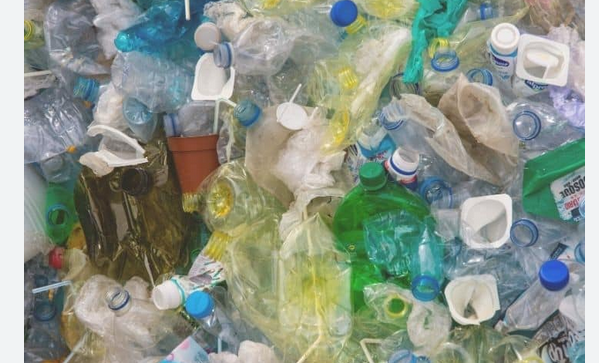Plastic-type material squander is among the most significant ecological problems we face these days. We have all observed the sad images of seas turtles along with other marine lifestyle having difficulties to live twisted up in plastic. We have noticed the dire cautions about how exactly plastic-type material toxins is harmful our ecosystems as well as the long term outcomes it may have on our overall health. But what if I told you that squander plastic could have some surprising plastic recycling advantages? In the following paragraphs, we will explore a number of the ways that squander plastic material can be used as good and how we could find out to come up with plastic not just being a difficulty, but like a useful resource.
1. Transforming spend plastic material into gas
Probably you’ve heard of recycling plastic material into new releases, but do you know that it is also possible to convert it into gas? There are numerous approaches to get this done, but one of the most guaranteeing is really a approach referred to as pyrolysis. Pyrolysis requires warming plastic-type material waste materials into a high temperature in the lack of oxygen, which splits it down into gas and oils. The resulting gasoline enables you to produce electric power or as an alternative for diesel or gas. When there are several challenges to scaling the technology, pyrolysis has the potential to become a game-changer for spend control and energy generation.
2. Creating with plastic material
An alternate way to repurpose waste materials plastic-type material is to try using it in design. Together with concrete, waste plastic material could add strength and durability to complexes when decreasing the level of plastic that ends up in trash dumps. Businesses are also tinkering with making use of re-cycled plastic-type material to create tough, weather-tolerant roof structure components and in many cases reduced-charge modular homes. By making use of plastic-type waste in development, we can lessen the enviromentally friendly effect of creating that will create new opportunities for sustainable style.
3. Creative alternatives
While the environmental benefits of using spend plastic material in art work may be significantly less perceptible, there is no question its artistic possible. Artists around the globe have already been integrating discovered plastic-type material to their work with several years, making use of it as a mark of the beauty and fragility of nature. From towering sculptures manufactured from thrown away straws to sensitive expensive jewelry constructed from plastic containers, spend plastic material can be turned into spectacular performs of art that inspire us to consider differently in regards to the components we use and dispose of.
4. Trying to recycle and native economies
Ultimately, it’s worthy of noting that recycling spend plastic might have substantial financial positive aspects, specifically in establishing nations where waste managing is actually a main struggle. In some places, casual networks of waste materials pickers gather plastic material waste materials from landfills and other places, that is then distributed to bigger organizations for trying to recycle. This not just helps to maintain plastic from the surroundings, but also offers cash flow for anyone and residential areas. By supporting neighborhood recycling initiatives, we will help to generate sustainable financial systems minimizing poverty.
To Put It Briefly:
Spend plastic-type material may seem like simply a stress on our environment, but there’s so much more with it than that. By locating new and innovative approaches to repurpose plastic-type material waste, we could generate new options for eco friendly improvement and reduce our reliance on non-renewable sources. Whether through recycling, upcycling, or employing waste materials plastic-type material as a energy provider, there are numerous artistic solutions to this pressing environmental problem. It’s time to start off thinking of plastic less a problem, but as a valuable source with untold prospective.
